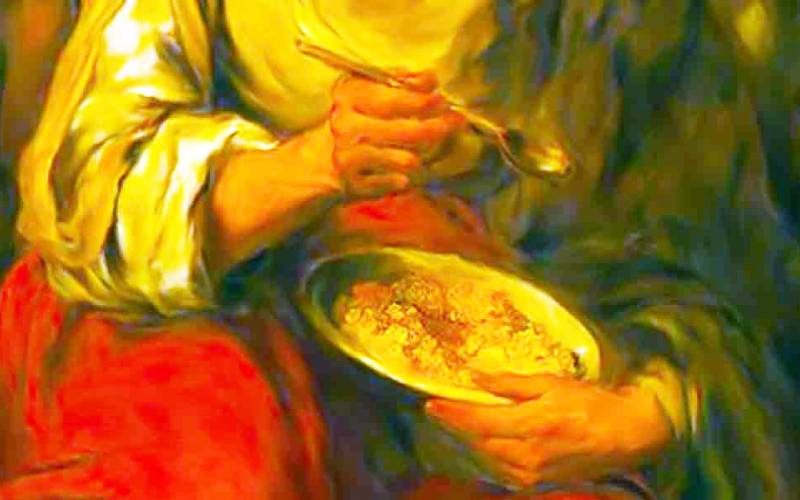
A person who eats once a day is called Yogi while the one who eats twice a day is called Bhogi and the one who eats thrice a day is called Rogi. Bhogi is the one who is slave to sensory pleasures while a Rogi is a sick person. Our ancestors were hard working, and they used to walk from one place to another. This helped them to acquire the requisite Vitamin D and were therefore hale and hearty. The regular eating habits of the ancients were quite simple. They would just have two meals a day and were content with a snack meal in between. These wise people drank enough water and ensured that they ate to live.
Dinner was had just before sundown and food was never consumed after sunset. There used to be a healthy interval of 14 hours at least between dinner and the morning meal which may consist of tiffin or rice. Sweets were seldom consumed during the time of their dinner and were preferred during the hours of the day. Fruits were part of the daily intake and food was chewed well.
One was supposed to maintain silence during the time of meals. It was considered to be inappropriate to open the mouth while eating. Many people would purse their lips while chewing the food. This helped in generating sufficient saliva and this process aided easy digestion. However, the system, particularly the digestive system, was also given rest on particular days.
Our elders resorted to fasting in order to evolve physically and mentally. Each one used their own sweet methods when it came to fasting. While some fasted on krithika, sashti or vishakam (days auspicious to Lord Karthikeya) a few others would fast on pradosham or the monthly Shivaratri in order to propitiate Lord Parameshwara. The followers of Lord Lambodhara (Ganapathy) were known to fast on sankatahara chaturthi and the devotees of Lord Vishnu fasted on Saturdays and ekadashi-s.
Many of them fasted on Thursdays in order to offer their devotion to the guru. The guru could be Brihaspathi, Dakshinamoorthy, Hayagreeva, Saraswathi, Adi Shankara, Ramanuja or Raghavendra. Fasting helped people to cleanse the body and the mind. The Hindu way of life had identified the goals which are commonly known as purushaartha-s i.e., dharma, artha, kama, and moksha. Attainment of the goals of life was possible through a combination of methods and this included fasting.
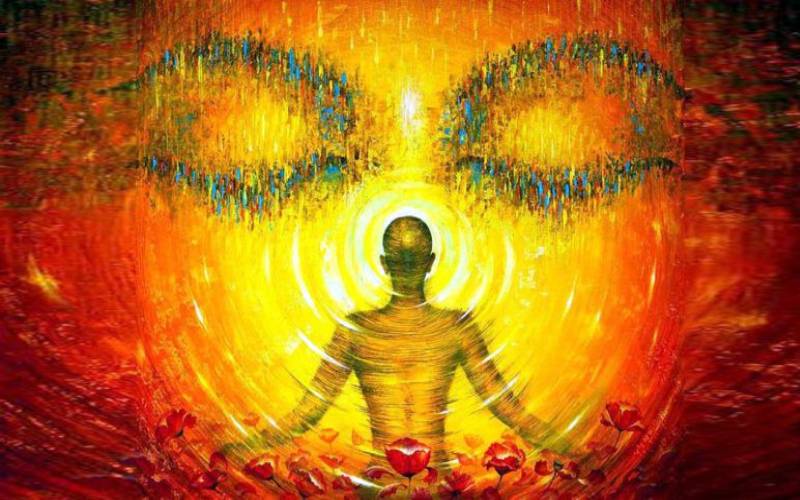
The person who undertakes a fast is known as upavaasi and they are supposed to stay calm throughout the fasting period. The upavaasi was supposed to abstain from conjugal life during the fasting period. It was important to stay free from spices, sweets, and oily substances from the day prior to the day meant for fasting. People stayed away from onion and garlic at those times. They avoid the use of heavy spices.
The individual who undergoes a fast would normally stay away from everyday activity. But this did not mean that one keeps sleeping throughout the day. Upavaasi-s would meditate, read, and contemplate on the almighty while fasting. Travel was avoided. Upavaasam (Fast) helped people to reset their body. Issues connected with digestion, blood pressure, diabetes, cholesterol, and insomnia would get settled. Abstinence and fasting heralded contentment.
Every Indian community was known to fast and the Jains are popular for their rigorous fasting habits. They fast for days on. Several of the temples following the Maadhva philosophy (Dwaita) are known for keeping the temples open and also keeping activities subtly within the temples. There are numerous instances and stories connected with upavaasi-s. Members of the ISKON (International Society for Krishna Consciousness) are known to fast rigorously on ekadashi-s. The ekadashi occurs 24 times a year and it helps one to rejuvenate our system. Similarly, the pradosham occurs 24 times and offers a similar benefit. It is easy to make a beginning and helps people to lead a better life.
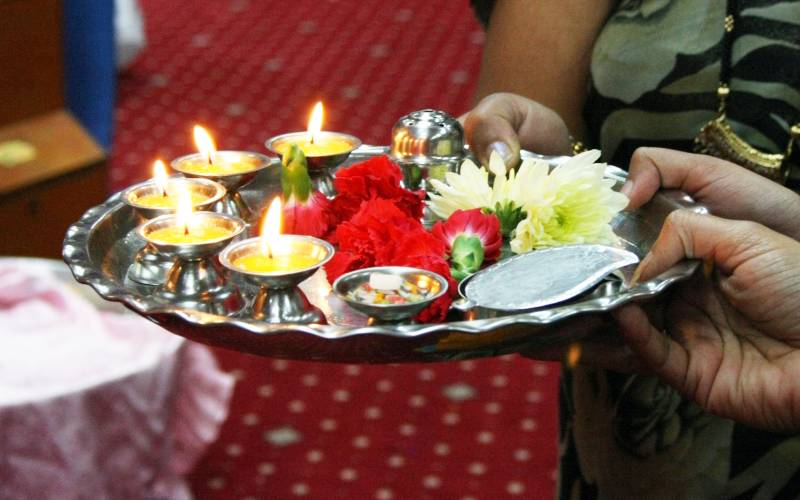
The followers of Santoshi Maata are known for their own fasting methods. Young women are keen to get a suitable husband are known to undertake a fast on Tuesdays and prayers at the shrine of Vishnu Durga on Tuesdays. Karyasiddhi upavaasam-s are also practiced. People seeking good children, long life, freedom from physical and mental ailments, success in business and work, undertake fast according to the advise of astrologers or well-wishers.
Fasts were the order of the day and if one notices a 365-day-calendar, some branch of Hinduism would suggest that it would be good to fast on that day. Therefore, all 365 days are appropriate and suitable for fasting. All that one needs to do is to make up the mind and begin to fast. Fasting and abstinence are part of our culture and tradition. Let us try to begin with intermittent fasting and then work towards a fasting format which is bound to help us become better and healthier people.
India that is Bharat has been familiar with fasting from time immemorial and let us maintain the tradition.
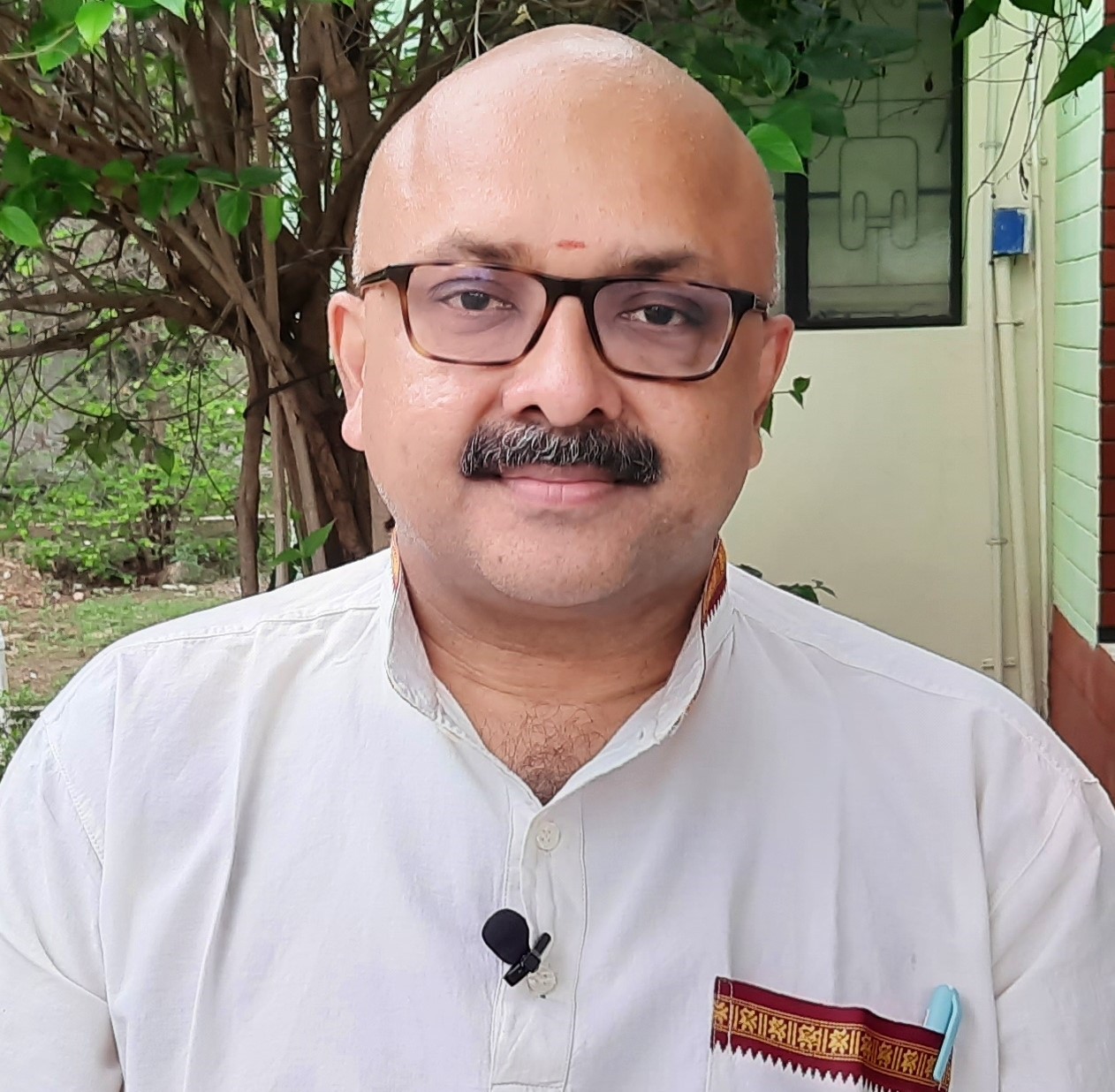
Mr. Rajesh Govindarajulu is one of the founding members of the Verandah Club Pvt. Ltd. He is a leading columnist, historian, jeweler, entrepreneur, and a heritage enthusiast who is earnestly working to revive the past in the light of the present. Experiential learning about the history of Coimbatore is his main course of interest and he is also a panel member of many colleges in the city.
NEXT ARTICLE
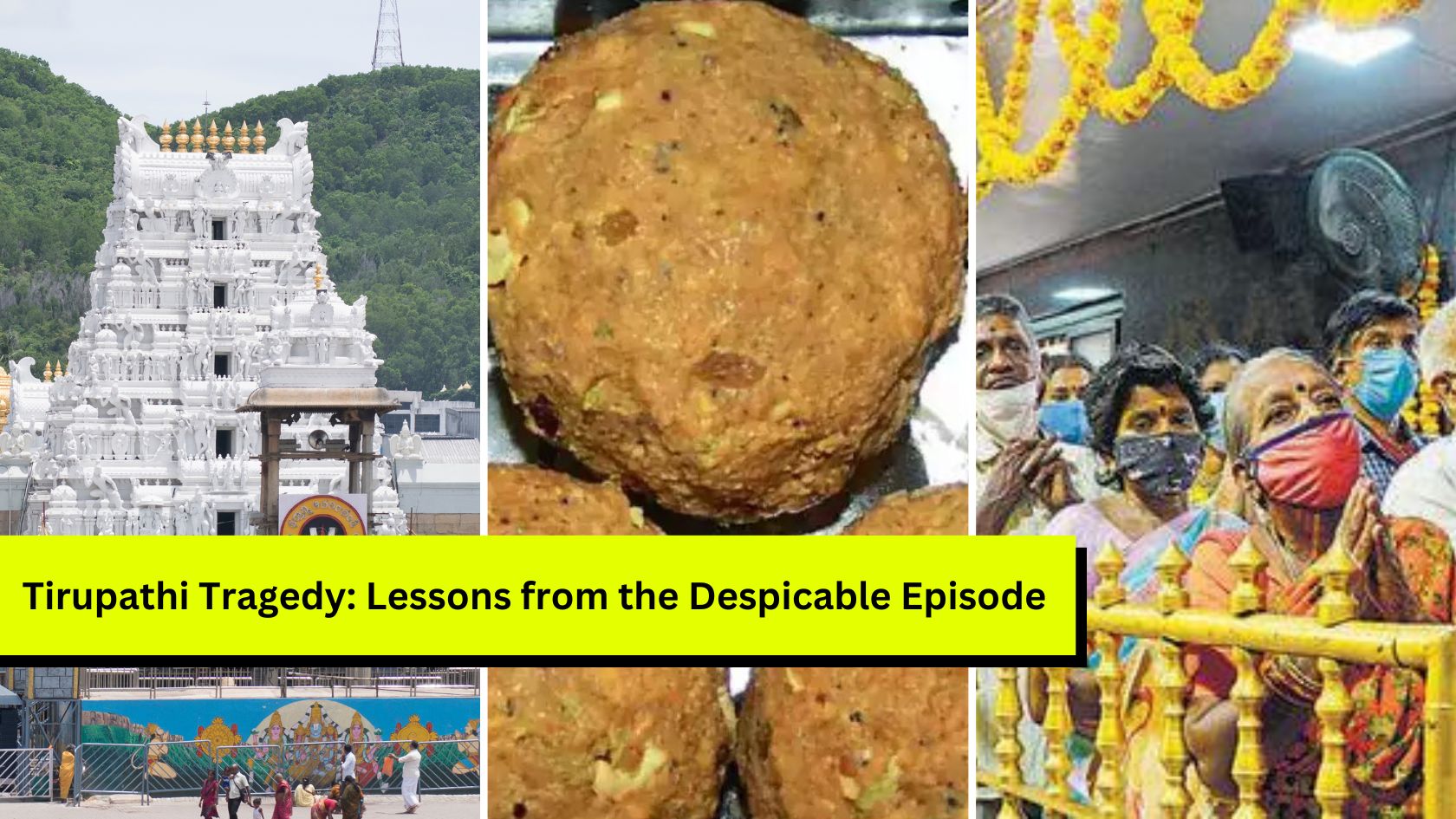
The Venkateshwara Swami Temple in Tirupati is among the holiest places in the world for Hindus. Millions of people throng the temple every year to get...
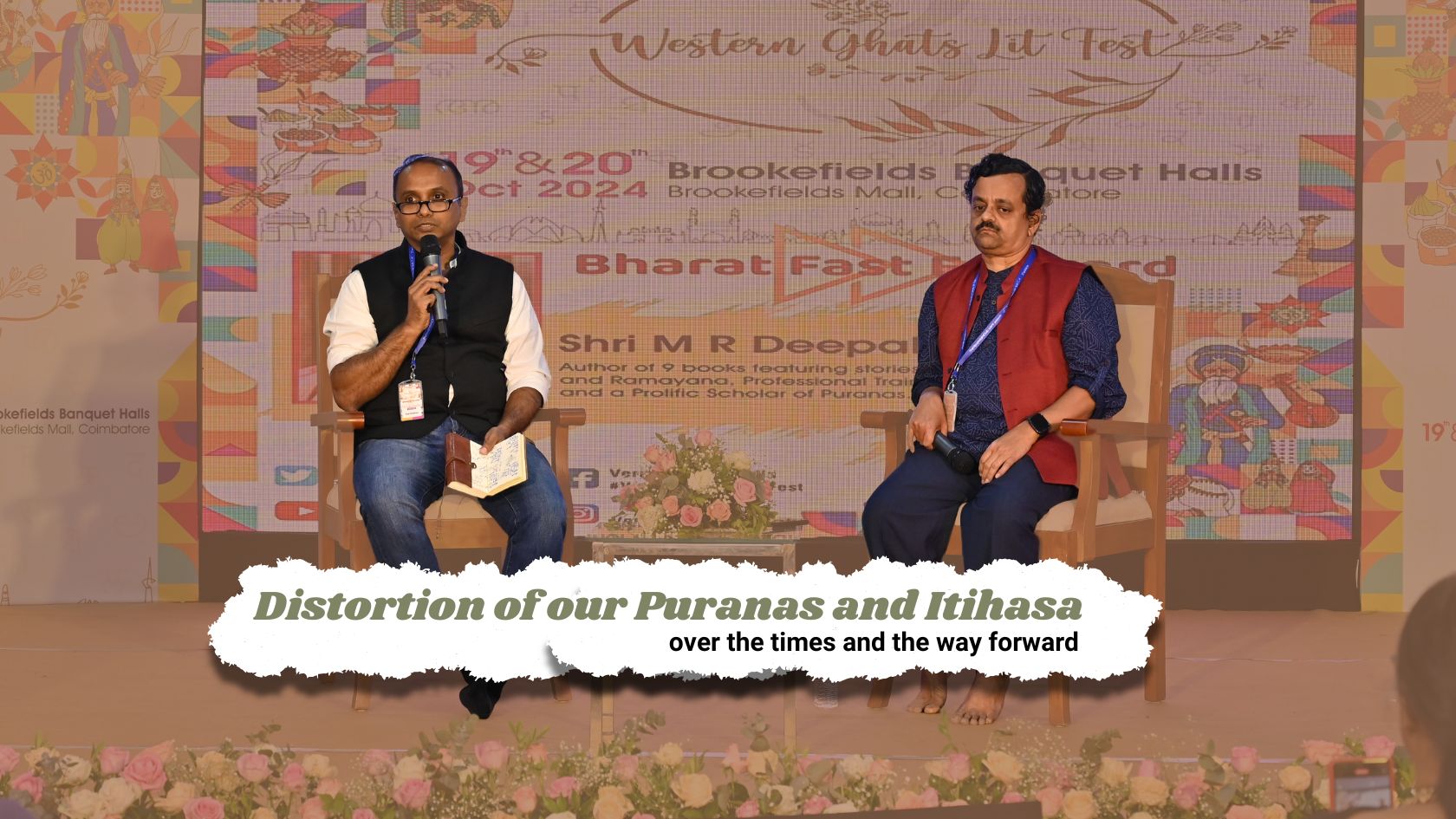
It is a sad reality that our Itihasa and Puranas have been subject to severe distortion over the years. This is not surprising considering how even th...
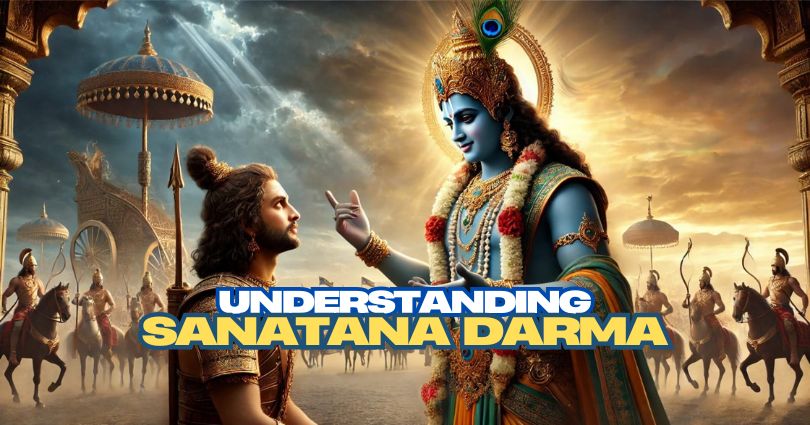
The holy land of Bharat follows Sanatana Dharma. The word Sanatana Dharma is a Sanskrit word meaning, “Eternal law”. It is the indestructible ultimate...